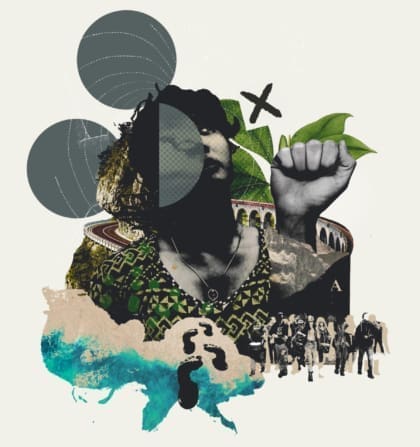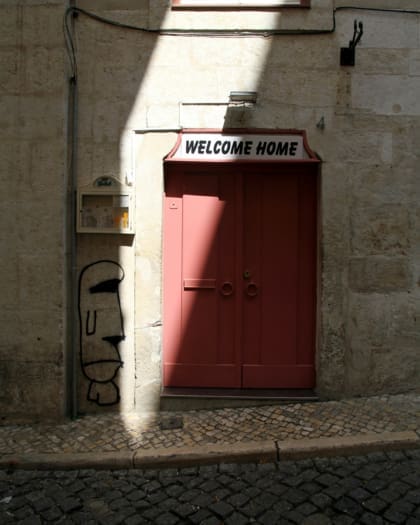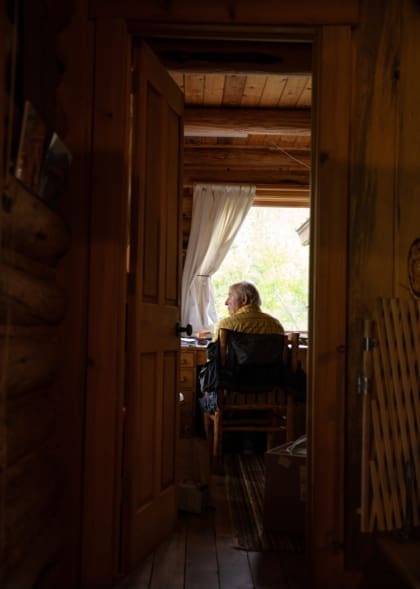
What does conscious travel even mean anyway?
‘Conscious travel’ is the new buzzword in better travel. But in a world where the discussion has broadened out from sustainability and social justice, is it up to the task?
Fly less; avoid big hotels; eat local; travel slowly; stay away from animal tourism; choose destinations with politics that don’t conflict with your own; make sure you’re aware of greenwashing. For those of us who are fortunate enough to travel for pleasure, the litany of advice around how to travel ‘better’ grows ever stronger and more bewildering.
The discussion has broadened from a narrow focus on sustainability to include human rights and injustice, and the term du jour is ‘conscious travel’, but in a world of murky terminology, what does that even mean?
“I would define conscious travel as thinking more carefully about the choices we make when we travel, and the impact those choices have on local people and the planet. It’s also about being more aware of how we interact with the destinations and communities we visit,” says Zina Bencheikh, managing director for Europe, the Middle East and Africa at Intrepid Travel, a B Corp-certified tour operator that focuses on positive impact. “Adopting a more conscious, sustainable style of travel has never been more important. As travel begins to return – at least in some parts of the world – I believe we have a responsibility to protect the amazing places we visit and help to preserve them for future generations.”
Olivia Cryer, co-founder of the Conscious Travel Foundation, agrees. “Conscious travel encourages people to look at their travel in a more holistic way. It requires us to examine and understand its impact, and to actively choose to explore the world in a more meaningful, intentional way.” The foundation has grown rapidly since its inception last year, and works globally with small, owner-operated businesses to improve their conscious travel credentials, especially working with those that haven’t had the tools, time or resources available to do so.
At its simplest, being conscious means being aware of and responding to your surroundings. That can involve booking with locally run independents, or choosing to enjoy your home country rather than going abroad.
I’ll be honest: I first regarded the term as overly worthy; I was unsure it was up to the task. But thinking about it more closely – and, actually, while reading the content on this website – I changed my mind. ‘Conscious’, when correctly deployed, implies a deeper interaction with how and where you travel, and an understanding of the privilege it involves.
We should make sure our definition of the word 'conscious' includes seeking to understand more than one point of view
Many of us embrace the idea that travel helps us understand other cultures – although arguably we don’t always immerse ourselves in our destinations in a way that facilitates that kind of learning. And in many ways, the idea of travelling consciously takes this to the next level, if we choose to educate ourselves on where we’re going.
Instead of worrying about the destinations that are struggling without the income from tourism, perhaps we could question if it’s right for economies to be so reliant on that income in the first place. We can be more aware of how travel to certain destinations has links to colonialism, as writer Chloe-Rose Crabtree explores in her piece about the history of travel writing, and how certain interactions with those destinations can perpetuate the relationship between the haves and the have-nots. Perhaps there’s another element that we can make sure is in our definition of ‘conscious travel’: seeking to understand destinations through more than one point of view.
There’s a fear that the words ‘conscious travel’ will just be used to relabel luxury tourism, a way to equate luxury with giving back. The implication that people are saviours simply by going on holiday leaves a bad taste in the mouth.
This isn’t to say we should stop using the term. But we can be more conscious of being conscious, so to speak – and understand that in doing so, it doesn’t automatically make us a ‘good’ traveller – but it can make us a better one.
Illustration by Eleanor Shakespeare







